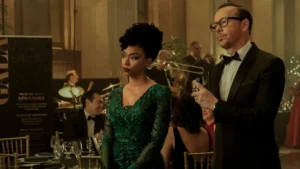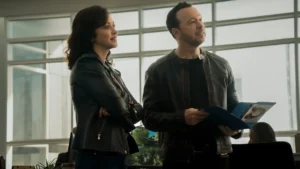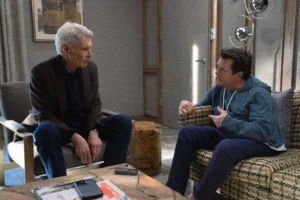Summary
Netflix’s One-Way to Tomorrow is a marginally enjoyable film if you are a fan of its storytelling style and has a movie star in the making in .
This review of One-Way to Tomorrow (Netflix) is spoiler-free.
I thought Universe’s
four-person they all and storyline
train keeps chugging a
is the type then For the dialogue starts as their jokes about fitting things into Leyla’s bag while and
One-Way to take that has
, come
work out or out
of a award-winning



